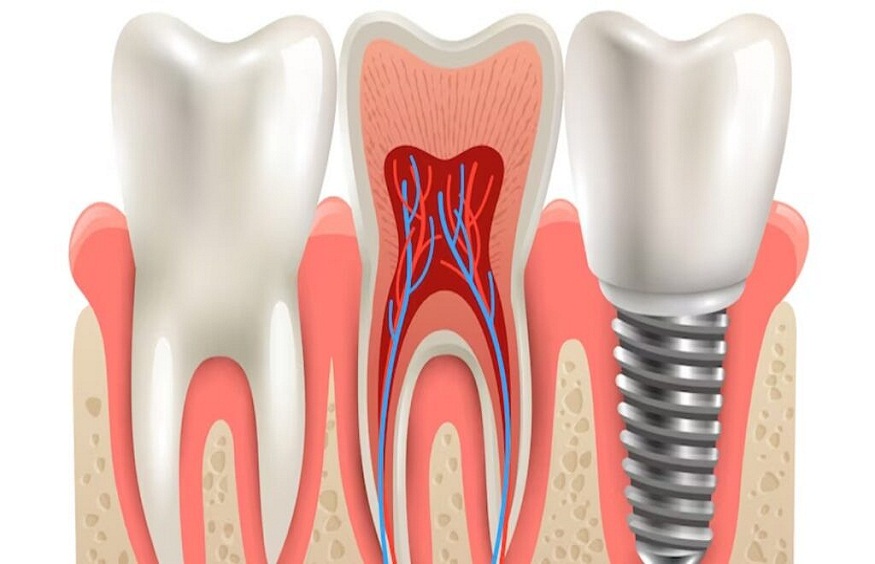What Are the Common Misconceptions About Root Canals?
There are many myths associated with the root canals which give people different reasons to be scared when scheduling an appointment for the procedure. It becomes important for anyone interested in this dental procedure to separate facts from the myths surrounding them. If the residents are looking for some direction and quality services, then it is crucial for them to opt for a dental clinic Akron, OH. This blog is devoted to explaining some of the myths people have about root canals, as well as the real picture of performing it, and the necessity of this operation.
Is a Root Canal a Painful Procedure?
This is another major myth about root canals, in as much as it is almost universally false; most people believe that root canals are very painful. Indeed, dental technology as well as anesthesia in treating the disease has improved over the years with the least pain. Some of the patients have outlined that experiencing the procedure is not as painful as having a simple filling done.
Most people fear root canals because of the pain they cause but in actual sense, the discomfort is caused by the infection or even decay that was present in the tooth before the canals were treated. Dentists use local anesthesia so that the patient would feel almost no pain during the procedure.
Do Root Canals Take Multiple Visits?
Another popular misconception is that root canal duration always takes several visits. For some complicated cases more sittings may be required, however; the majority of the root canal treatments could be done in a single sitting.
The time most often will differ depending on the specific detail of a case and the morphology of the tooth in question. Quite logically, every case will be analyzed separately and a dentist along with a patient will choose the most suitable treatment plan. Appreciating this could help to eliminate worries about the time taken to do root canals.
Can a Root Canal Cause Tooth Weakness?
Most people fear that having a root canal will compromise the strength of their teeth and cause more dental problems in the future. This misconception arises from the feeling that if the nerve is pulled out of the tooth it will not be strong enough.
In fact, the tooth that has received an endodontic treatment is as strong as it was before the procedure and if it is crowned or filled afterward. For this reason, most dentists advise their clients to place a crown on the tooth after the root canal to enhance support and protection.
Which is Worse: Having a Tooth Pulled Out or a Root Canal?
Some people believe that it is preferable to lose the tooth completely than to experience a root canal. Although extraction may seem like the more logical option it results in other problems which can range from shifting teeth or the need for an implant or a bridge in order to replace the lost tooth.
An endodontic treatment commonly known as a root canal helps in maintaining the natural tooth along with its structure, and color and also acts against ailment of future issues. There is even a question. First, it is worthwhile to consider the prognosis for tooth extraction against the background of preserving one’s own natural tooth with the help of a root canal.
Conclusion
It is important to clear any misconceptions people have when it comes to root canals in order to make informed dental choices. It cannot be argued that a lot of the concerns people have regarding root canals result from misconceptions. In fact, root canal treatments are one of the safest dental procedures to deal with a tooth abscess or a tooth that has been affected by decay or injury, etc. In light of these misconceptions, people can walk into dental surgery expecting a root canal treatment and make decisions based on what is best for their oral health.


Leave a Reply
You must be logged in to post a comment.